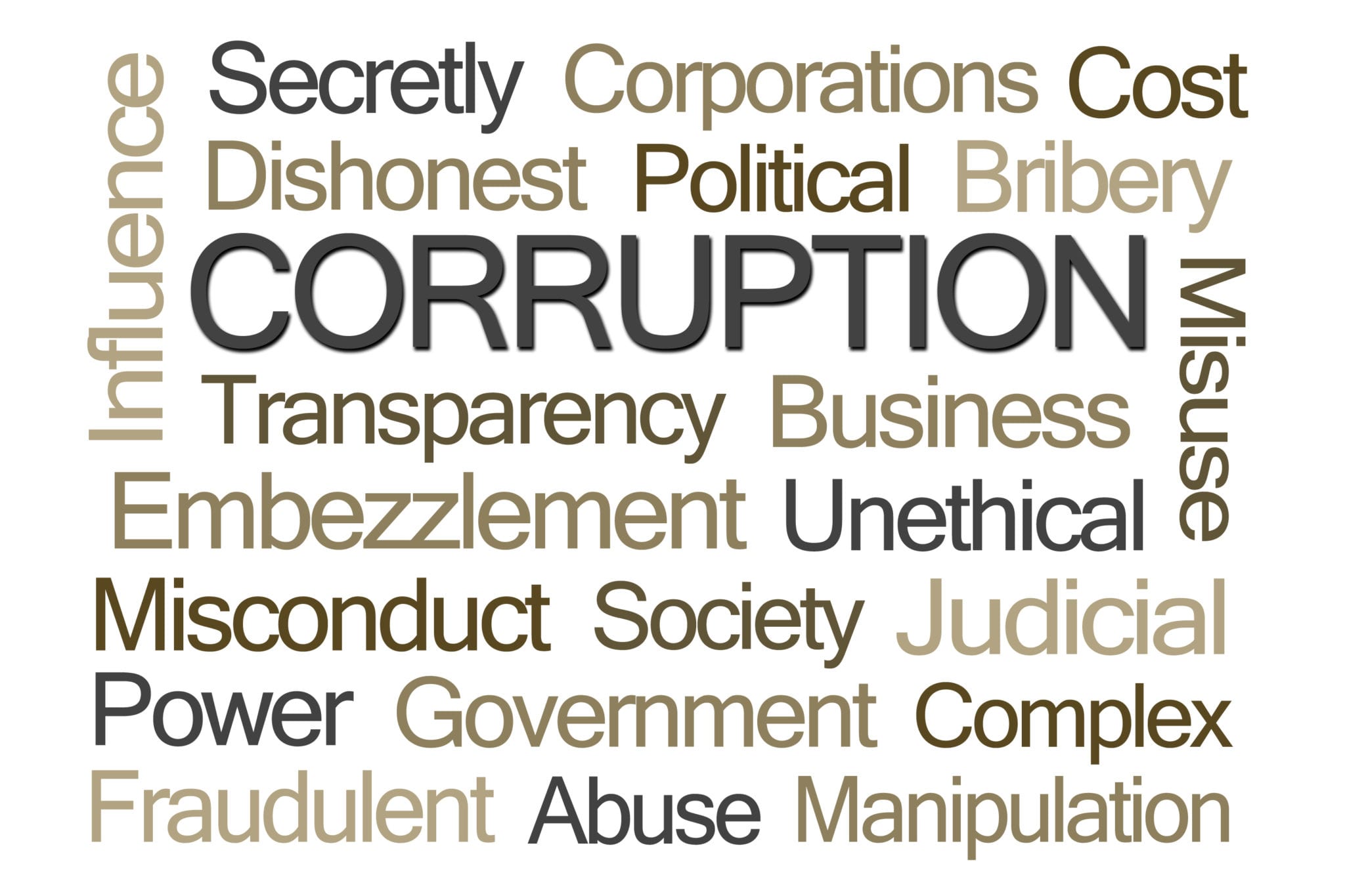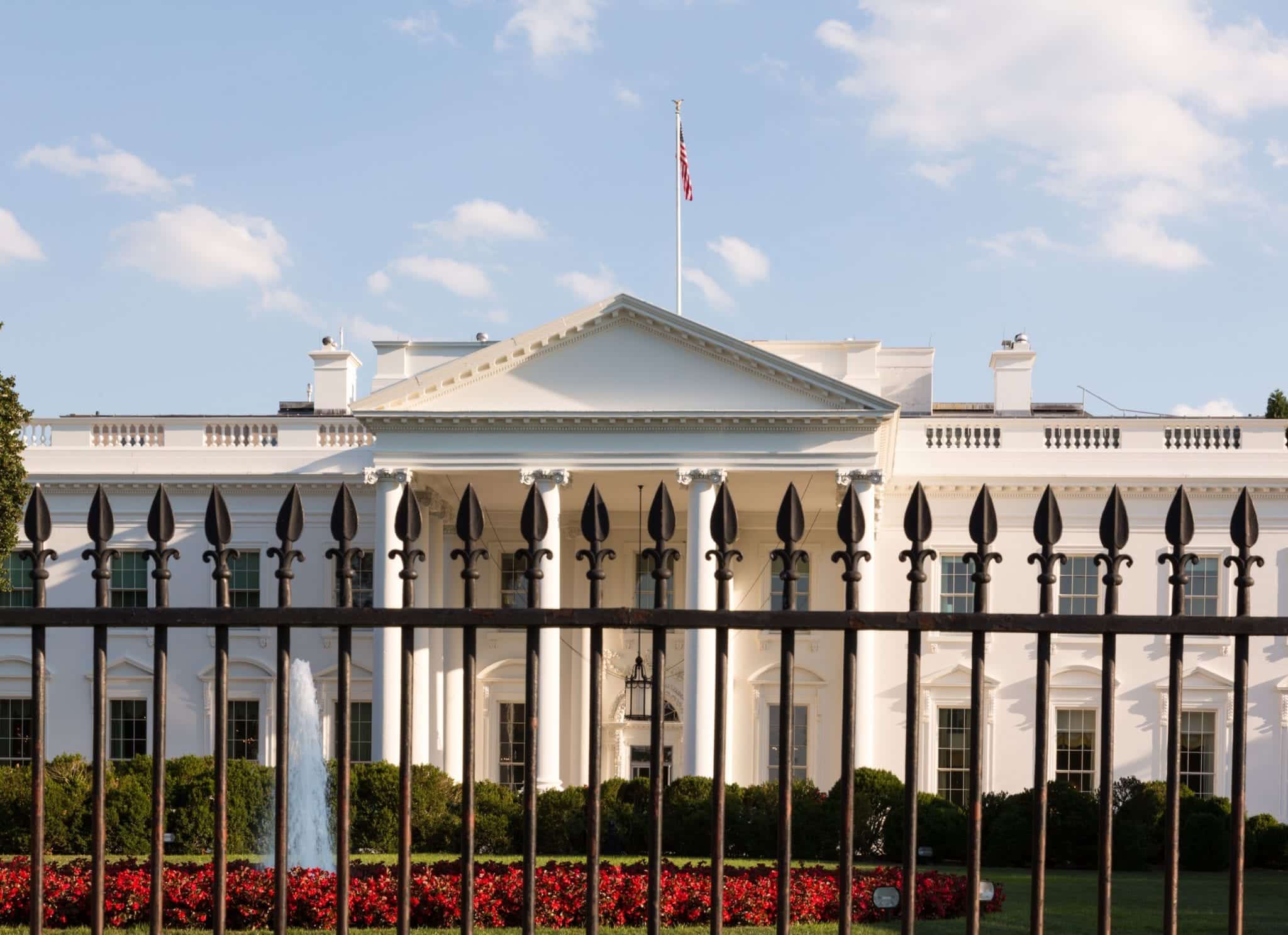“Asking [the] FBI to drop an investigation is obstruction of justice.”
That is what Rep. Ted Deutch, D-Fla., thinks. And the lawmaker’s opinion carries significant weight: he is the ranking member of the House Committee on Ethics.
And Rep. Deutch believes that if a president obstructs justice, he or she has committed an “impeachable offense.”
This past February President Donald Trump had a meeting with former FBI Director James Comey during which, according to the former director, the president asked Comey to set aside any FBI investigation into the president’s former national security advisor, Michael Flynn.
The FBI director instantly understood that the president was standing at the very edge of that line drawn in the sand between law-abiding and unlawful conduct.
Comey is a former federal prosecutor who understands federal law, particularly the statutes pertaining to obstruction of justice.
Some have criticized Comey for not immediately telling the president that his request violated the law or at the very least was inappropriate.
Comey did what any career law enforcement officer would do—he memorialized the conversation in a written memo that quoted the president as saying:
“I hope you can see your way clear to letting this go, to letting Flynn go. … He is a good guy. I hope you can let this go.”
Does this kind of presidential request actually constitute, as Rep. Deutch believes, an obstruction of justice?
Is this actual corruption, or just the appearance of it?
What Is the Legal Definition of Obstruction of Justice?
There are two statutes that could be used to answer this question: 18 U.S.C. §§ 1503 & 1505.
Section 1505, known as the Protection of Processes, Omnibus Clause, would be the first statute the Department of Justice would turn to. A prosecution under this statute would have to establish that: 1) there was a proceeding pending before a department or agency of the United States; 2) the defendant knew of or had a reasonably founded belief that the proceeding was pending; and 3) the defendant corruptly endeavored to influence, corrupt, or impede the due and proper administration of laws under which the proceeding was pending.
The first hurdle for the DOJ would be a determination of whether an FBI investigation qualifies as a “proceeding.” As Michael Herz of Cardozo Law School at Yeshiva University told Politifact last month, the U.S. Supreme Court has never answered the narrow question of whether an FBI investigation is a “proceeding” within the meaning of Section 1505.
Nonetheless, Professor Herz believes that dismissing Comey because the former director refused to acquiesce to the president’s request to stop the Flynn investigation could amount to obstruction.
“Trying to protect a criminal because he is a friend or the investigation will be personally or professionally problematic for the obstructor [sic], on the other hand, is pretty clearly an ‘improper purpose,’” the professor told Politifact.
A federal prosecutor would have to prove beyond a reasonable doubt that the president, acting with a “corrupt” mental state, obstructed, influenced or impeded a proceeding (or tried to do so) through either threat or force.
Section 1503, which is known as Protection of Government Processes – Obstruction of Justice, differs from Section 1505 in that the former applies to the obstruction of judicial proceedings.
Politifact pointed out that Section 1503 adds a “requirement that the defendant knew about the judicial proceeding before committing the criminal act.”
Attorney James Robenalt, with the law firm Thompson Hine, is an expert on Watergate. He told Politifact that based on the information currently in the public record, a “plausible case” could be made against the president under Section 1503.
But the real sticky-wicket is whether a sitting President of the United States can be constitutionally prosecuted in any criminal proceeding.

Erwin Chemerinsky, dean of the law school at the University of California-Irvine, told Politifact that this issue is “unresolved.”
The dean pointed out that “The Watergate grand jury in 1974 named Richard Nixon an ‘unindicted co-conspirator’ because they did not know if they could indict a sitting president.”
The best argument supporters of the president utilize to undercut the obstruction issue lies in semantics; specifically, the use of the word “hope.” This defense was raised during a recent Senate Intelligence Committee hearing by Sen. James Risch, R-Ohio, who asked Comey:
“Do you know of any case where a person has been charged for obstruction of justice or, for that matter, any other criminal offense where they said or thought they hoped for an outcome?”
The senator extrapolated that an individual cannot be charged for wishful thinking, noting, “You don’t know of anyone who’s ever been charged for hoping something.”
The issue, then, is the president’s state of mind.
To determine if the president acted with a corrupt” mental state, a federal prosecutor would have to thoroughly examine the chronology of all the meetings and contacts between Trump and Comey. The prosecutor would also examine the president’s public statements about the former FBI director: his tweets, media interviews, and statements made to foreign government officials about Comey and the Flynn/Russia investigation.
The president’s own words create a reasonable conclusion that he did threaten Comey to end the Flynn investigation or else be fired. There is certainly enough information about the obstruction issue to present to a grand jury.
And should a grand jury reach the conclusion that there is sufficient evidence that the president either committed or attempted to commit obstruction of justice, the best course of action would be for any indictment to be referred to the U.S. House of Representatives for possible impeachment proceedings.
As you can see, these and other types of government corruption cases can be incredibly complicated and nuanced. If you find yourself facing a similar charge – or even an investigation – the best thing you can do to protect your future and your rights is to get in contact with a knowledgeable federal crimes attorney as soon as possible.




